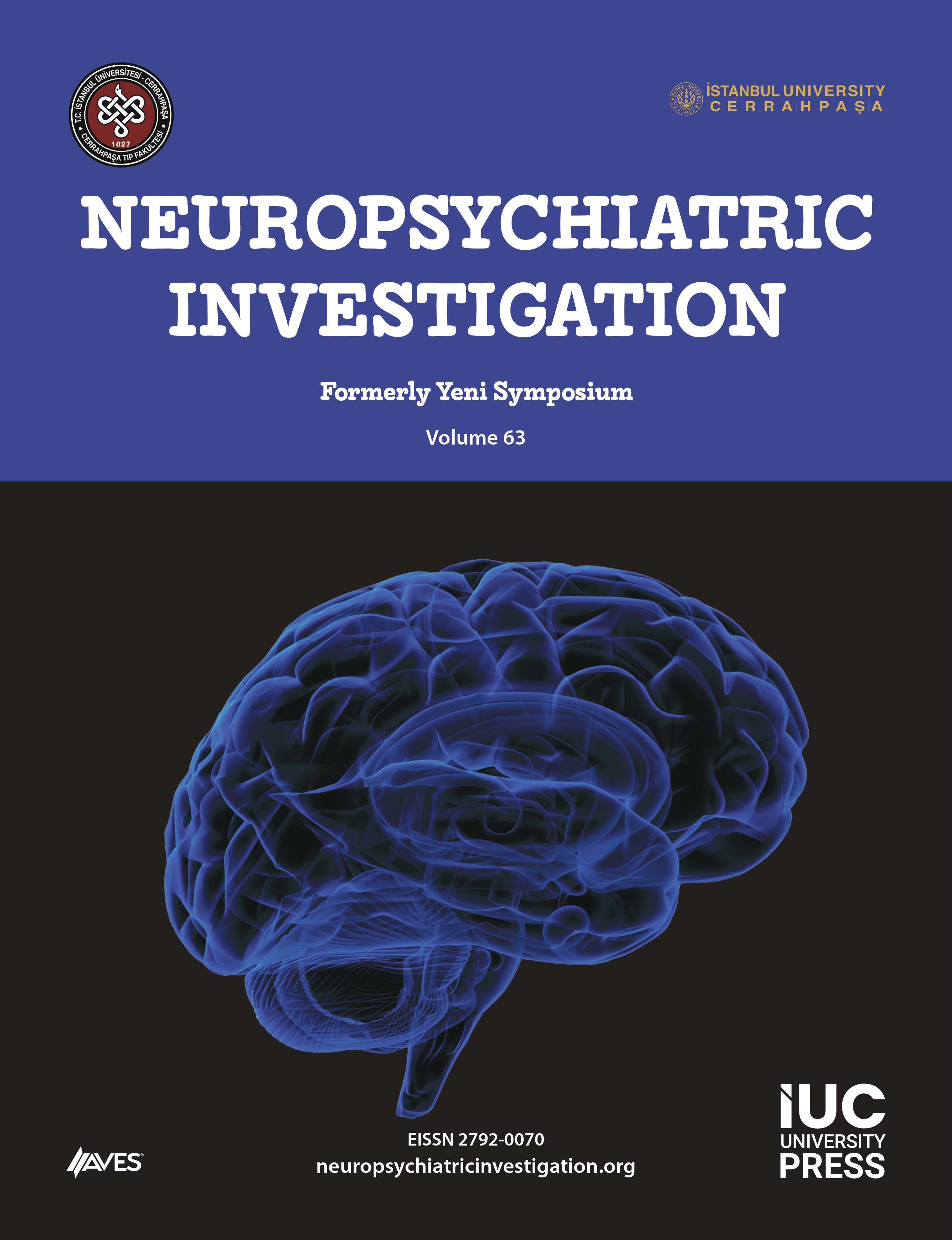|
Objective: Celiac disease (CeD) is an autoimmune condition caused by gluten that negatively impacts the digestive system. The disease necessitates a strict dietary regimen, which may influence the eating habits of both patients and their meal companions. |
|
Methods: The present study strives to explore the correlation between diet and orthorexia nervosa (ON) in individuals with CeD, with the ultimate goal of comprehending and fulfilling their health and psycho- logical requirements. Thirty adults with CeD, 20 caring relatives, and 30 healthy controls were compared in the study. Participants were assessed using Orthorexia Nervosa Rating Scale (ORTO-15), Maudsley Obsessional-Compulsive Inventory (MOCI), Eating Attitudes Test (EAT-40), Health-Related Quality of Life Scale in Celiac Patients (HQLS), and Zarit Caregiver Burden Scale (ZCBS) scales. |
|
Results: The study found that CeD patients and their meal companions were more orthorexic than healthy controls (P=.042). Celiac disease patients scored higher on eating attitudes, particularly on the diet and social pressure subscales, compared to both meal companions (P = .002) and healthy controls (P < .001). The duration of disease was positively correlated with cleanliness (β = 0.074, R2 = 0.204, P < .05), and the age at diagnosis was positively correlated with dieting (β=0.073, R2=0.239, P < .05). Body mass index had a positive association with fat anxiety (β = 0.215, R2 = 0.183, P < .05), while the duration of disease was positively associated with higher Zarit Total Scores (β = 4.843, P < .05, R2 = 0.628). |
|
Conclusion: The study discovered that patients with CeD and their meal companions display increased orthorexic tendencies, which may be due to the difficulties of managing the disease. The study also revealed links between orthorexia, OCD symptoms, and quality of life. |




.png)